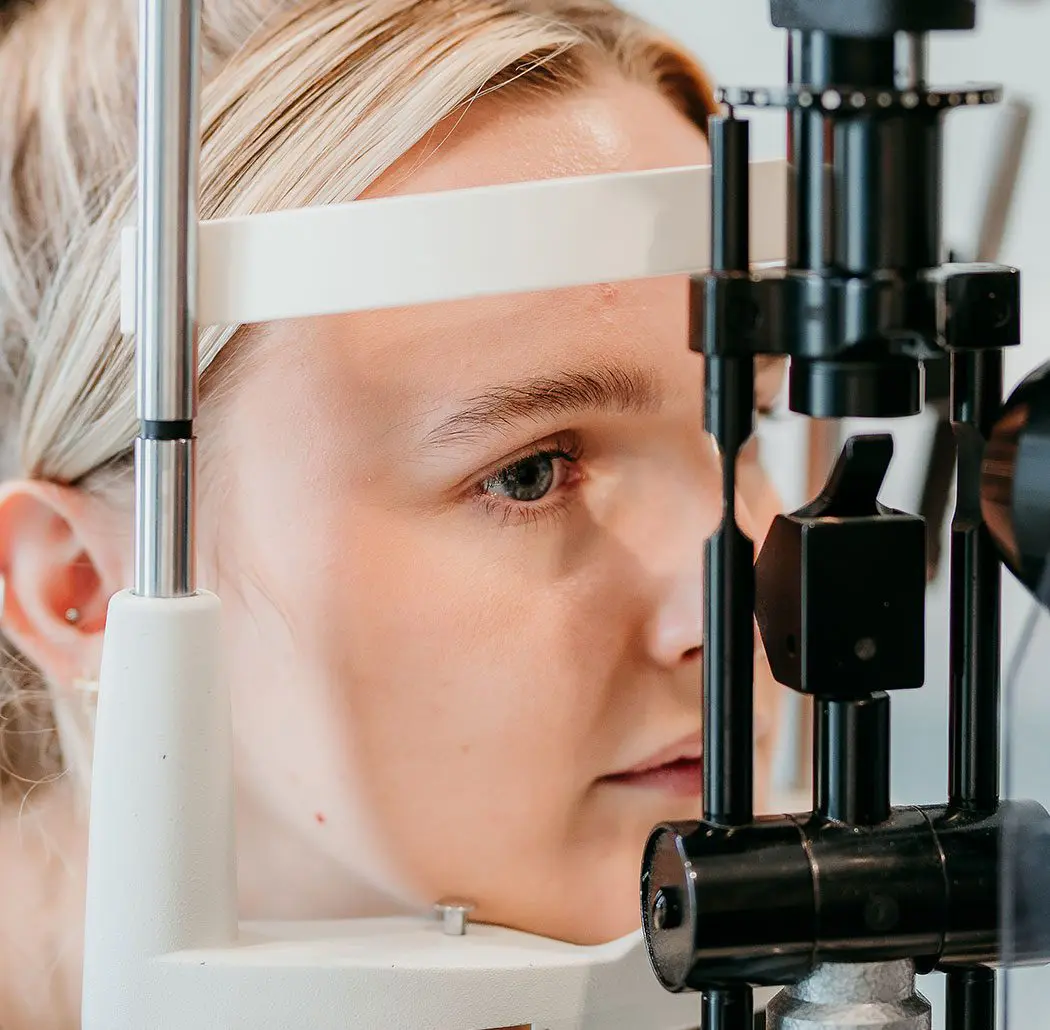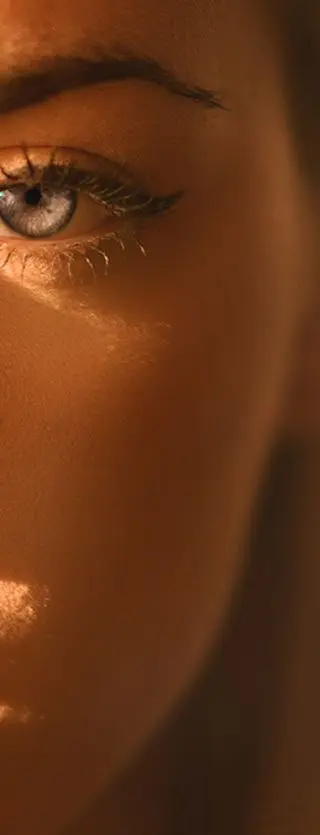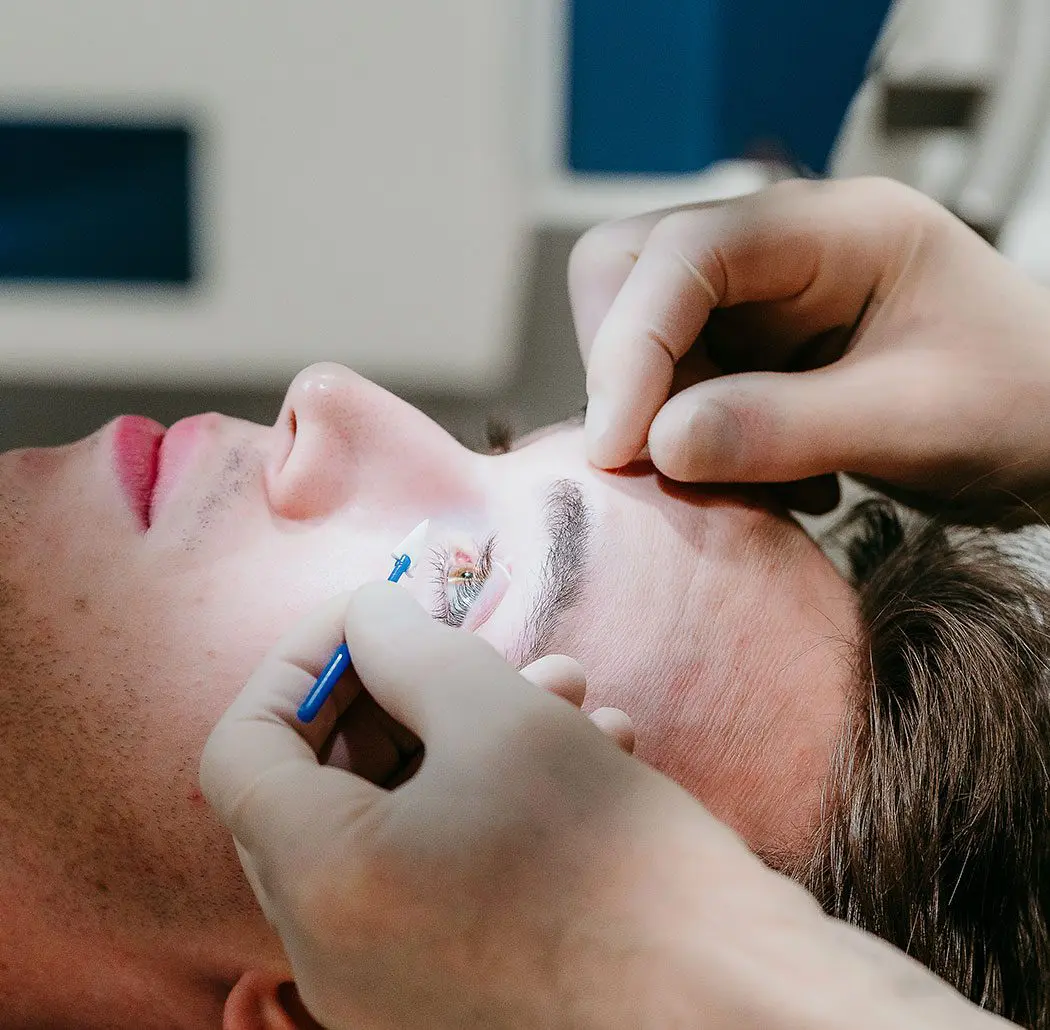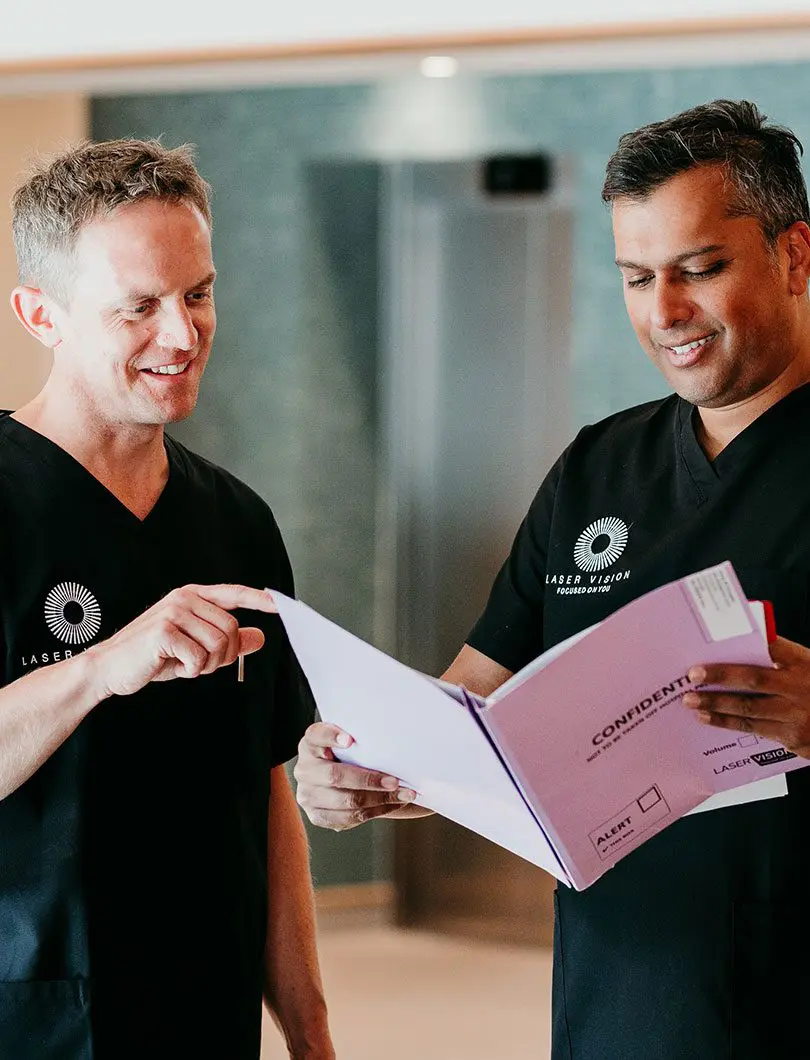- Laser Eye Surgery

PTK Eye Surgery – Phototherapeutic Keratectomy

- Treatment

- Laser Eye Surgery
PTK Eye Surgery – Phototherapeutic Keratectomy
Phototherapeutic Keratectomy – PTK Eye Surgery – at LaserVision is an established form of therapeutic laser eye surgery. It is used to treat corneal injuries or diseases, including scars, dystrophies, and recurrent epithelial erosion syndrome.
What is Phototherapeutic Keratectomy?
Phototherapeutic Keratectomy — PTK surgery — fundamentally differs from LASIK and LASEK in that it is not designed to correct spectacle prescriptions but rather to treat surface-level corneal disease.
Your PTK laser surgical procedure will be performed by the same consultant ophthalmologist who assessed your eyes at the initial consultation. A team of optometrists and nurses will also assist and provide any support you require.

Our eye treatments are available at our clinics in Guildford, London, Manchester, Sheffield, Portsmouth, Winchester and Woking.
Our specialist, independent NHS Consultant Eye Surgeons are dual-trained to the highest standard in cornea and refractive surgery. PTK has been performed successfully for over 10 years since the advent of the excimer laser. Research has shown that PTK can be an effective way to treat recurrent corneal erosion syndrome with a reported success rate as high as 90%.
Our eye treatments are available at our clinics in Guildford, London, Manchester, Sheffield, Portsmouth, Winchester and Woking.
Our specialist, independent NHS Consultant Eye Surgeons are dual-trained to the highest standard in cornea and refractive surgery. PTK has been performed successfully for over 10 years since the advent of the excimer laser. Research has shown that PTK can be an effective way to treat recurrent corneal erosion syndrome with a reported success rate as high as 90%.


How is a Phototherapeutic Keratectomy performed?
- 1.Local anaesthetic eye drops are applied to both eyes
- 2.A solution of alcohol is used to gently separate the cells from the surface of the cornea
- 3.The cells are gently rolled aside
- 4.The Schwind Amaris 1050RS is then used to therapeutically remove the defective tissue
- 5.A contact lens is placed on the surface to act as a bandage and no stitches are required






















